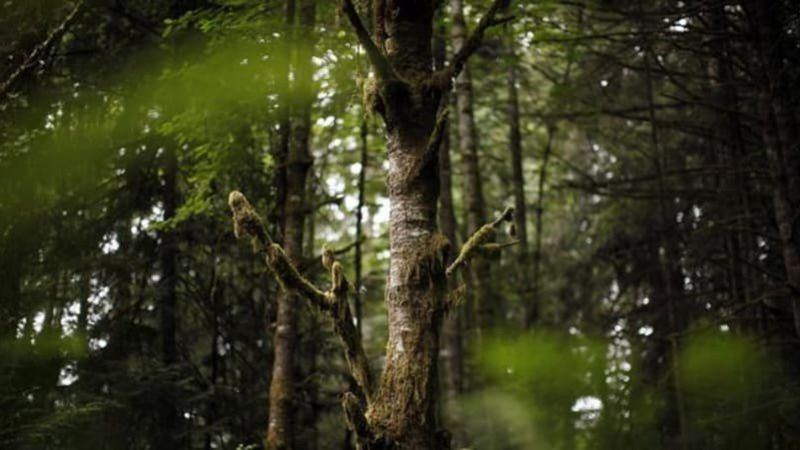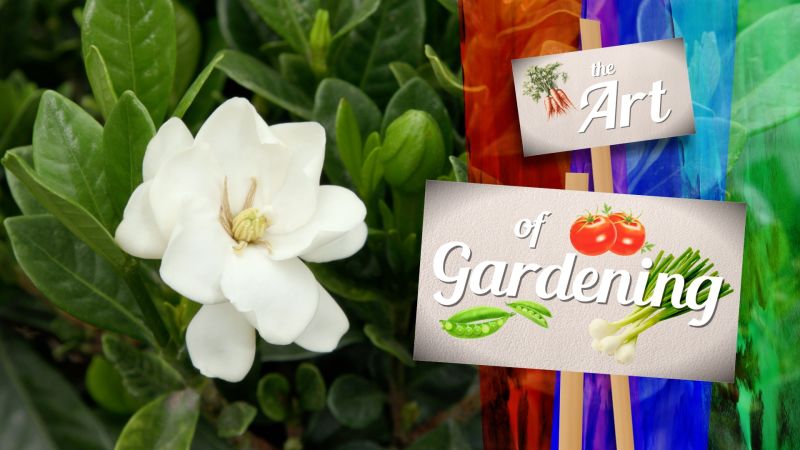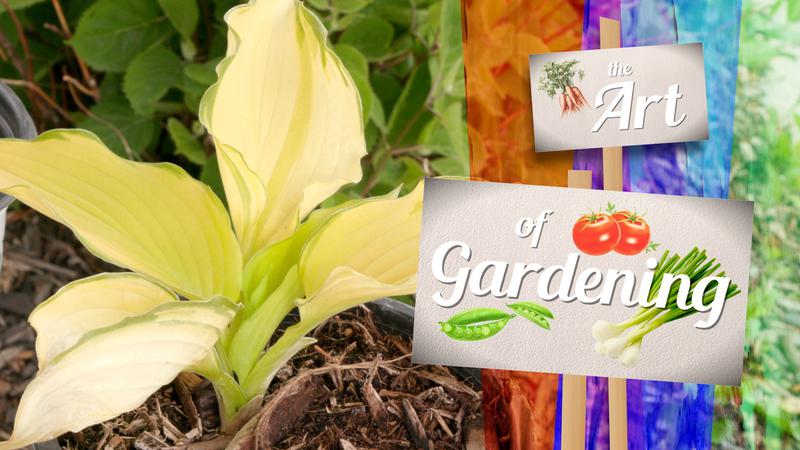
GINTA: If we are to see a better and cleaner future, small steps are no longer enough
IT’S TOUGH TO SINGLE OUT GOOD NEWS these days. It feels like every morning since the new year has started, we are waking up to yet another day of bleak stories of our world, each morphing into an appropriate level of stress and concern for what’s to come.
However, last week brought in some better news for our province. One is about the protection from logging of 353,000 hectares of B.C.’s old-growth forests. That seems like a lot until you learn how much of B.C.’s old-growth forests are being logged daily.
Old-growth forests are vital to sustaining life. They are more efficient at absorbing carbon dioxide than new forests which, in the present day context, makes clearcutting of the most puzzling and self-destructing activities. Every new strategy should prioritize protecting what we have because while making sure that long-term sustainable logging jobs are being created.
The second piece of good news is about the newly approved ban of single-use plastics in a few municipalities in B.C. and with further promises of allowing others to do the same independently.


